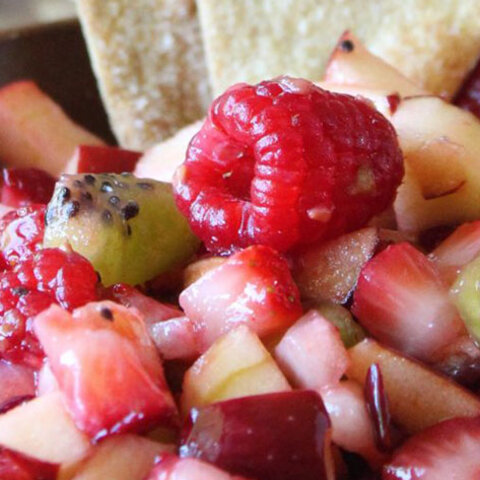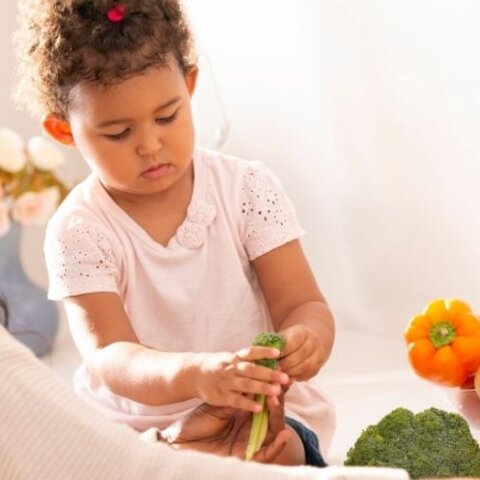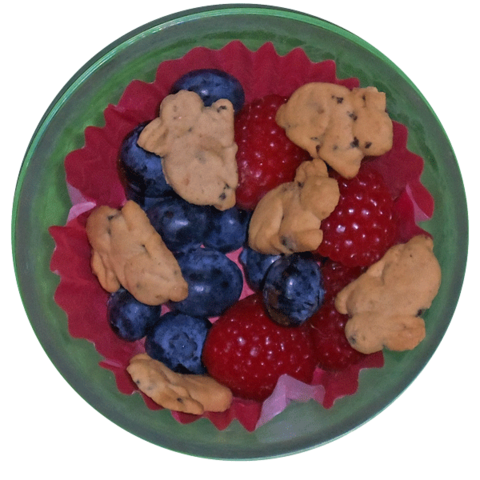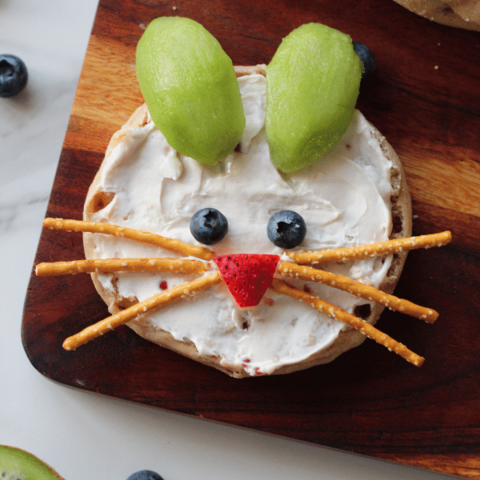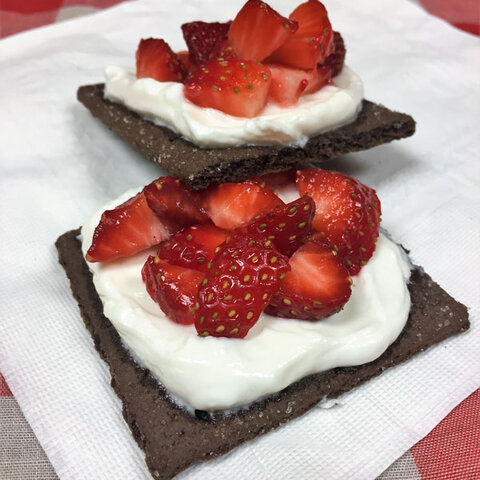
Planning meals ahead of time can improve health while saving time and money. Involving children in meal planning and cooking offers unique benefits, from building essential life skills to fostering family connections. Check out these tips to help cook healthy, eat right, and stay active as a family.
Get Kids Involved in Cooking
When kids help out in the kitchen, they develop valuable cooking skills and learn about food safety while improving their nutrition knowledge. Cooking with children also supports math, reading, and science skills, along with fine motor development. It's a chance for family bonding and fun, leading to more successful mealtime experiences.
Age-Appropriate Kitchen Tasks:
- Ages 3-5: Use cookie cutters, wash fruits and vegetables under running water, mix simple ingredients, clear tabletops, and use pieces of food to craft fun shapes.
- Ages 6-7: Crack eggs in a bowl, deseed peppers and tomateos, stir ingredients, and prepare lettuce for salads.
- Ages 8-9: Use a can opener, beat eggs, measure and mix dry ingredients, use a vegetable peeler, and use a food thermometer.
- Ages 10-12: Boil pasta, simmer ingredients on the stove, follow simple step-by-step recipes, slice or chop vegetables, and safely use microwave and oven.
Practice Food Safety
It is important to not forget about food safety basics when preparing food. Follow these guidelines:
- Wash hands with soap and water before and after handling food.
- Clean countertops and cooking surfaces prior to cooking.
- Use clean utensils.
- Ensure children avoid tasting food before it's fully cooked.
- Pull back long hair.
- Always supervise children in the kitchen to prevent accidents.
Eat Right and Stay Active
Healthy nutrition and physical activity are both crucial for children. Be mindful of eating away from home, portion sizes, types of beverages consumed (especially those high in added sugars), and meal patterns and frequency. Physical activity is equally important. Kids should aim for at least 60 minutes of movement daily, engaging in fun and varied activities appropriate for their age.
By planning meals, getting children involved in cooking, and encouraging healthy habits, families can enjoy meals together while supporting children’s health and well-being.

Berry Butterfly
- ¼ cup fresh berries*, gently washed under cool running water
- 2 teaspoons low-fat cream cheese
- ½ of a whole-wheat mini bagel
Directions:
- Wash hands with soap and water. Spread cream cheese on bagel. Cut in half.
- Decorate with berries!
*Cut berries in half to reduce choking hazard for young children.
Nutrition Information:
- Calories: 90
- Total Fat: 2g
- Saturated Fat: 1g
- Cholesterol: 5mg
- Sodium: 130mg
- Total Carbohydrates: 14g
- Fiber: 2g
- Protein: 3g
- Vitamin D: 6%
- Calcium: 10%
- Iron: 6%
- Potassium: 2%
Source:
- Ellis, Esther. Teaching Kids to Cook, Academy of Nutrition and Dietetics. 2022.
- MyPlate, United States Department of Agriculture
Tags:


